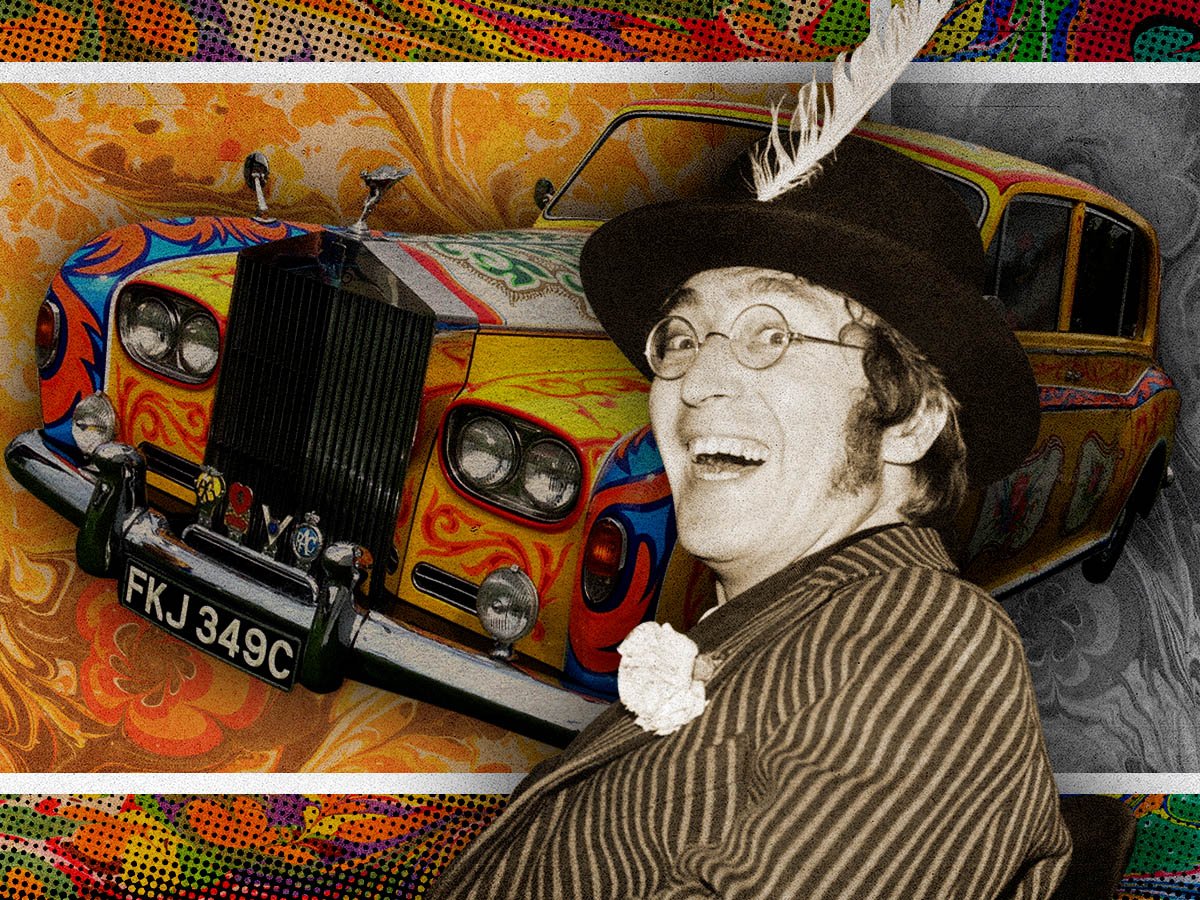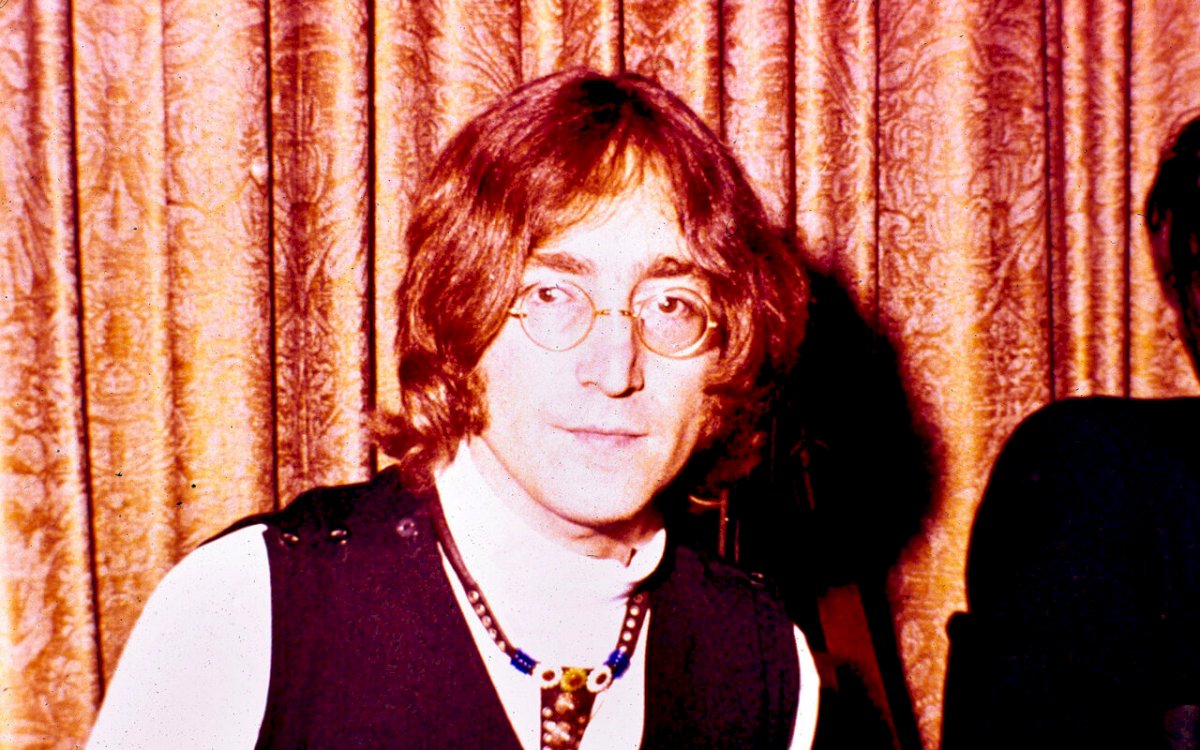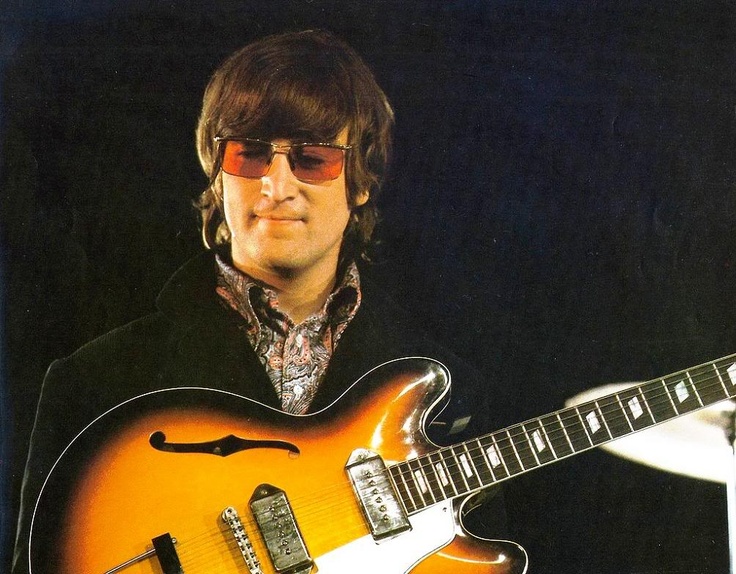In the annals of musical history, few figures loom as large as John Lennon, the enigmatic and revolutionary co-founder of The Beatles. His impact on music, culture, and society at large is immeasurable, and his legacy continues to resonate decades after his tragic passing. One pivotal moment in Lennon's career occurred in 1965 when he sat down for an interview with the BBC, providing a rare glimpse into the mind of a musical genius at the height of Beatlemania.
(Watch the video below)

The year 1965 was a whirlwind for The Beatles. With a string of hit singles, sold-out concerts, and a rapidly expanding fan base, they had become the epitome of global pop culture. Amidst this frenzy, John Lennon, known for his wit, intellect, and candidness, agreed to a televised interview with the BBC, offering audiences a chance to hear directly from one of the Fab Four.
The interview, conducted on a seemingly ordinary night in 1965, would become a landmark moment in both Lennon's career and the history of music journalism. As he sat across from the interviewer, Lennon's trademark wit and irreverence were on full display. He spoke candidly about a wide range of topics, from the band's meteoric rise to fame to their creative process and the pressures of celebrity.

One of the most notable aspects of the interview was Lennon's introspection about The Beatles' place in the cultural landscape. He acknowledged the band's immense popularity but also expressed a desire for their music to transcend mere entertainment and connect with listeners on a deeper level. "We're more popular than Jesus now," Lennon famously remarked, sparking controversy and sparking debate about the role of fame and celebrity in society.
Beyond the headline-grabbing statements, the interview offered a rare glimpse into Lennon's creative process and worldview. He spoke passionately about the power of music to inspire change and unite people across boundaries. Lennon's commitment to using his platform for social and political activism would become a defining aspect of his later career, as he championed causes ranging from peace and love to racial equality and anti-war efforts.
The interview also shed light on Lennon's complex relationship with fame and celebrity. Despite the adulation of millions of fans, he expressed a deep sense of isolation and disillusionment with the trappings of stardom. "Being rich doesn't change your experiences in the way you think," Lennon mused, highlighting the disconnect between external success and internal fulfillment.
In addition to his musings on fame and fortune, Lennon also discussed the creative process behind The Beatles' music. He offered insights into their songwriting techniques, their experimental approach to recording, and their constant quest for artistic evolution. From the infectious melodies of "She Loves You" to the psychedelic sounds of "Lucy in the Sky with Diamonds," Lennon's passion for pushing the boundaries of popular music was palpable.
Moreover, the interview provided a platform for Lennon to reflect on the personal and professional dynamics within the band. He spoke affectionately about his bandmates, Paul McCartney, George Harrison, and Ringo Starr, acknowledging the unique chemistry that fueled their creative collaboration. Despite occasional disagreements and tensions, Lennon emphasized the bond that united them as friends and musical partners.

As the interview drew to a close, Lennon left viewers with a parting message that would resonate far beyond the confines of the BBC studio. "All we are saying is give peace a chance," he urged, encapsulating his commitment to using music as a force for positive change in the world. This mantra would become synonymous with Lennon's activism and legacy, inspiring generations to strive for a more peaceful and just society.
In hindsight, Lennon's 1965 BBC interview stands as a poignant snapshot of a moment in time—an intimate glimpse into the mind of a musical icon on the cusp of greatness. His words and insights continue to resonate with audiences around the world, reminding us of the enduring power of music to transcend boundaries, inspire change, and unite humanity in a shared vision of peace and love.


